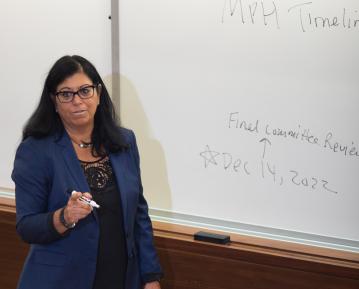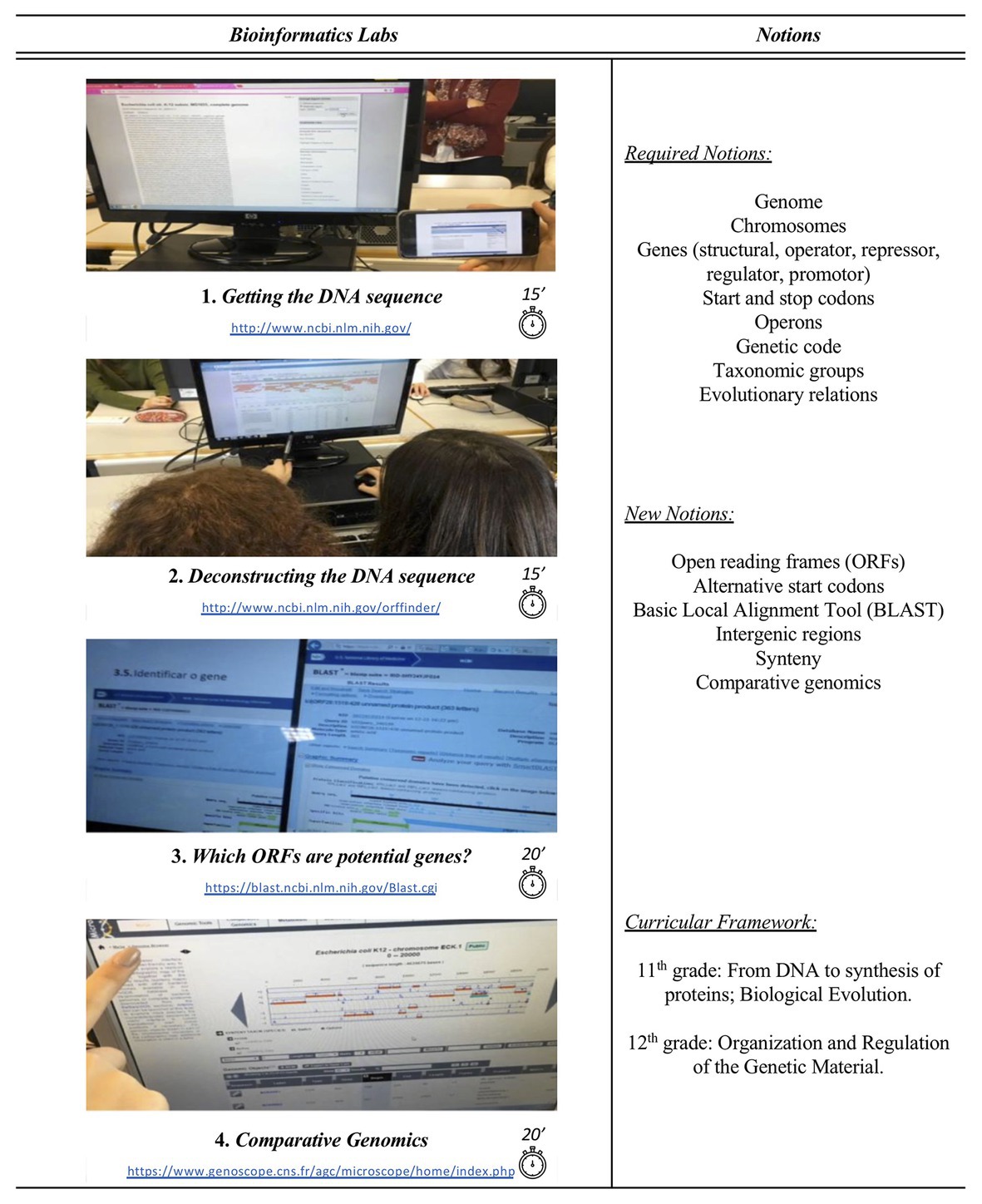The 4-Minute Rule for Bioinformatics Tutor
The 4-Minute Rule for Bioinformatics Tutor
Blog Article
Our Bioinformatics Tutor Statements
Table of ContentsThe Main Principles Of Bioinformatics Tutor Fascination About Bioinformatics TutorSome Ideas on Bioinformatics Tutor You Should KnowSome Known Factual Statements About Bioinformatics Tutor Bioinformatics Tutor for Beginners
Of the total individuals associated with the training, 80% were pupils from public greater education institutions, while the remaining 20% came from personal institutions. To get a certification of engagement, students were required to go to a minimum of 90% of the total training hours. As a result of this need, an excellent 95% of the individuals successfully gotten their certificates, having not only fulfilled the minimum participation requirements but also completed all appointed activities throughout the training.
Throughout the height of the COVID-19 pandemic, specifically in between June and August 2020, the task group was charged with arranging specialized training in bioinformatics. This training was specifically focused on pupils from the research study group Nucleus for Research study in Applied Computing at the Federal College of Pará (UFRA) The adjustment to remote understanding systems because of the pandemic created a chance to explore new mentor methods and digital devices that enhanced both reach and performance.
This course was created to give an accessible yet detailed introduction of Artificial Intelligence methods, especially as used in bioinformatics (Bioinformatics Tutor). This online layout enabled engagement from pupils throughout Brazil, numerous of whom could not have had the possibility to attend in-person sessions.
Facts About Bioinformatics Tutor Uncovered
A significant attribute of this course was its emphasis on hands-on learning. About 50% of the complete training hours were dedicated to practical activities where pupils developed intelligent versions and applications in a variety of scientific domains, consisting of genetics, molecular biology, and environmental data evaluation. Widely utilized structures and tools such as Spyder, Google Colab, Jupyter Notebooks, and Orange were integrated into the coursework. These systems allowed trainees to take part in real-time information adjustment, model training, and algorithm experimentation.
The course drew in 80 participants in overall. Sixty of them were associated with different greater education and learning institutions in the state of Pará, while the continuing to be twenty came from institutions found in 5 various other Brazilian states. This broad geographical representation highlighted the national interest in bioinformatics and the growing demand for specialized abilities around. By introducing Artificial Knowledge in a functional and pertinent context, the campaign served to connect the gap in between theory and real-world application, offering students with a solid foundation for future study or employment in the field.
The training initiative created component of a more comprehensive scholastic outreach effort called the Bioinformatics when driving task. This job has, for many years, introduced loads of trainees to the world of bioinformatics and computational continue reading this biology. The events held under this umbrella campaign have happened throughout multiple regions and years, as summarized in Table 1 (Checklist of occasions, places, years, and complete numbers of trainees and teachers)
Numerous of these groups, originally brought with each other by their engagement in training occasions, have actually given that gone on to create independent scientific study in my review here collaboration with neighborhood scholastic establishments. The training not just fostered scientific thinking within the context of bioinformatics however likewise stimulated collaborative relationships that extended past the training atmosphere.
Getting The Bioinformatics Tutor To Work
The very same team, omitting IH and RR, additionally acted as tutors for the useful training components. Funding for the job was provided through the give 88887.200562/ 2018-00 from CAPES.
The Federal University of Pará's Workplace of Study (PROPESP/UFPA) also gave financial support, specifically for the manufacturing of the final manuscript. The authors proclaim no industrial or monetary problems of interest that might have affected the study. All point of views and interpretations revealed in this post are exclusively those of the authors and do not necessarily mirror those of their respective institutions, the author, editors, or reviewers involved in the magazine process.

The Best Guide To Bioinformatics Tutor
From an instructional perspective, the mentor technique made use of in the training was purposefully interactive. Courses were carried out in a way that encouraged pupil involvement and conversation, going past memorizing memorization to explore how ideas are created, applied in day-to-day live, and examined in academic setups. The instructional ideology concentrated on supporting both strong and struggling students, giving personalized support, and structure confidence with continual mentorship and persistence.

Each team, consisting of roughly 36 individuals, was sustained by three mentors-- the majority of whom were postdoctoral researchers with customized knowledge. These mentors not just assisted make the team projects yet likewise facilitated their implementation, making certain that each study concern was both suitably difficult and appropriate. The goal was to provide a naturally reasonable context that individuals could discover through flexible objectives and accessibility to curated datasets.
For additional insights into the technique and end results of this project-based discovering approach, visitors are guided to S1 Text, which includes thorough descriptions of the instructional structure, assessment approaches, and job motifs used in the training sessions.
About Bioinformatics Tutor
Of the total participants included in the training, 80% were trainees from public greater education and learning institutions, while the staying 20% came from personal organizations. To certify for a certification of participation, trainees were needed to go to at the very least 90% of the overall training hours. Especially, past the pupils who enrolled in the training sessions, seven skilled trainers took part in supplying the training courses, while 3 dedicated study teachers worked with the general training procedure. Around 50% of the overall training hours were devoted to functional activities where trainees developed intelligent designs and applications in an array of clinical domains, consisting of genes, molecular biology, and ecological information analysis. The training not only cultivated clinical reasoning within the context of bioinformatics yet likewise stimulated joint relationships that extended past the training atmosphere.
Report this page